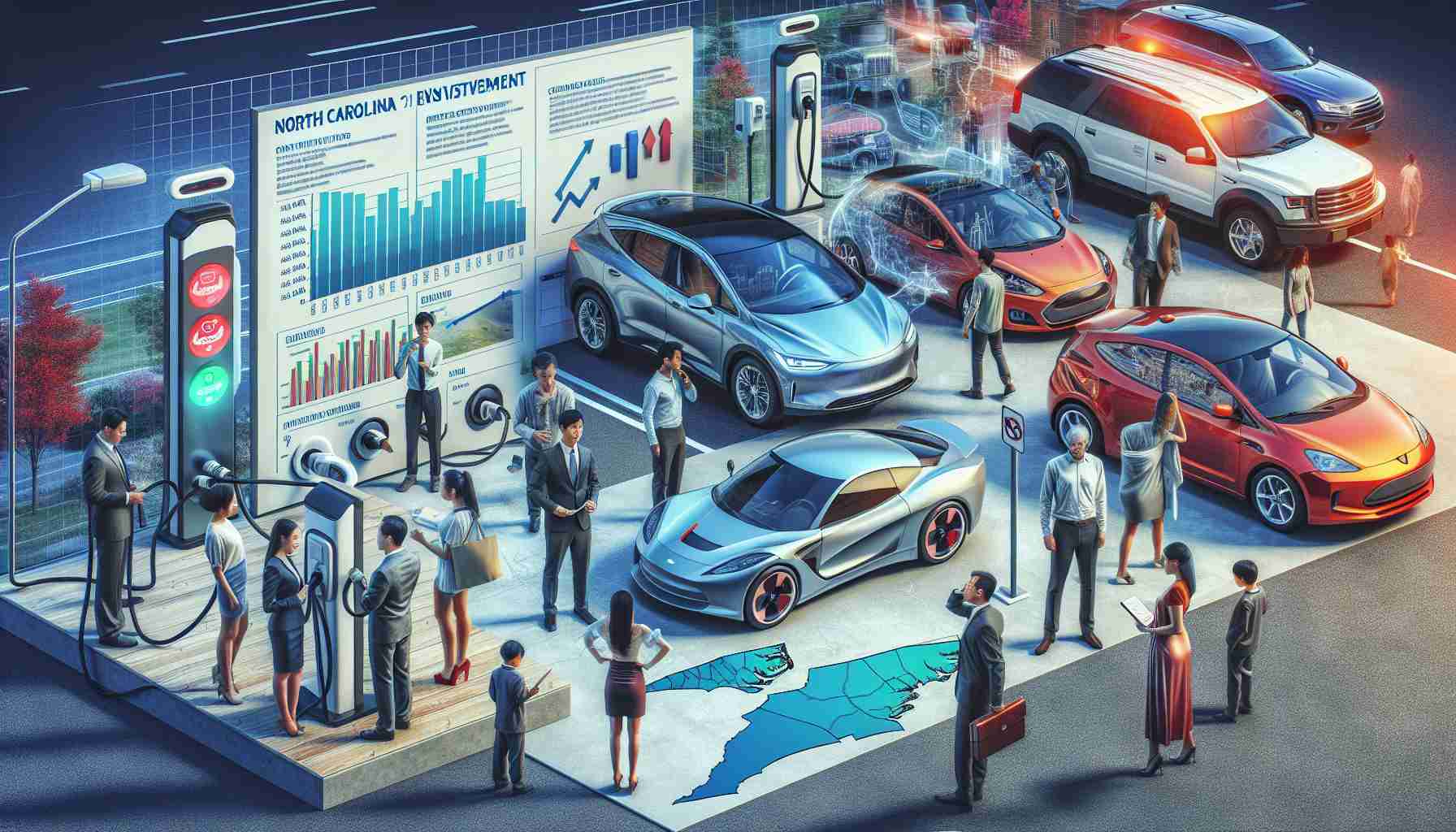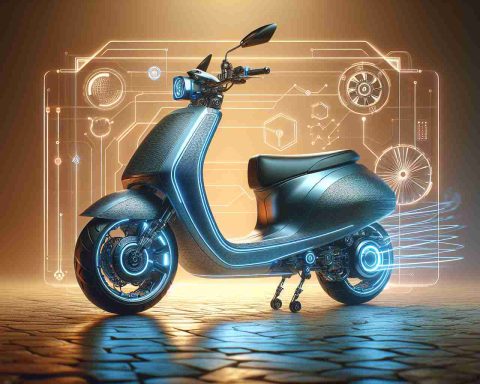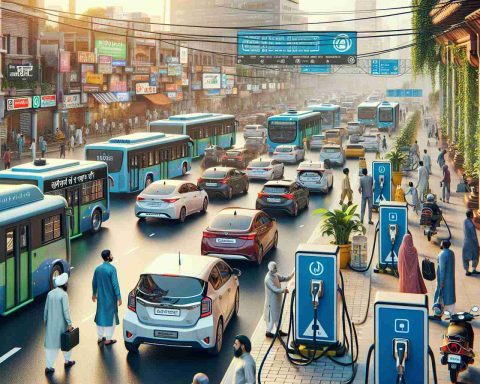North Carolina’s Ambitious Push for Electric Vehicles
North Carolina is emerging as a key player in the transition to alternative-powered vehicles, showing strong investment potential for the clean energy sector. A recent report from E2, presented at the Cleantech Summit, highlighted that since the enactment of the Inflation Reduction Act, the state has achieved the highest private-sector clean energy investments in the nation.
Despite these promising initiatives, the state faces unique challenges. The number of registered electric vehicles remains starkly low, with over 8 million combustion engines compared to just about 100,000 electric vehicles, indicating a significant public preference for traditional vehicles.
VinFast, an electric vehicle manufacturer, has recently faced delays. Initially slated to begin production in 2024, the company has made changes to its plans, cutting down the size of its new plant and postponing its production timeline to 2028. Their financial reporting shows improvement, but still reflects substantial losses.
Additionally, companies like Wolfspeed and Albemarle are making headlines for their contributions to the electric vehicle supply chain. Wolfspeed is set to receive substantial federal funding to boost semiconductor production, while Albemarle aims to revitalize the Kings Mountain lithium mine, facilitating lithium production for electric vehicle batteries.
In Edgecombe County, Natron Energy plans to kickstart a $1.4 billion sodium-ion battery plant, further bolstering the local economy and job market. As the state steps into this expanding industry, its capacity for growth remains a focal point in the conversation surrounding clean energy.
North Carolina’s Electric Vehicle Ecosystem: Opportunities and Challenges Ahead
North Carolina is rapidly becoming a center for electric vehicle (EV) initiatives and investments, yet it also faces significant hurdles in its transition to cleaner transportation options. The state has seen a surge in private sector clean energy investments since the passage of the Inflation Reduction Act, positioning itself among the top states for financial commitments to renewable energy sources.
Market Overview: Current Landscape and Trends
As of 2023, North Carolina has registered over 8 million traditional combustion engine vehicles. In stark contrast, there are approximately 100,000 electric vehicles on the road, highlighting a considerable gap in public adoption of EVs. This situation underscores the behavioral inertia within the state, presenting a challenge to policymakers striving to convert more drivers to electric options.
Companies Driving Change
Investments from companies such as VinFast are pivotal but have encountered setbacks. Originally set to start EV production in 2024, VinFast has reverted plans, resizing its plant and pushing production to 2028. Despite these delays, the company’s recent financial reports suggest improvements, though it still faces considerable losses.
Wolfspeed and Albemarle are other key players contributing to North Carolina’s emerging EV supply chain. Wolfspeed, which specializes in semiconductor technology, is set to receive significant federal funding to enhance its production capabilities, crucial for EV manufacturing. Meanwhile, Albemarle is revitalizing the Kings Mountain lithium mine, ensuring a steady supply of lithium—an essential component for EV batteries.
New Developments: The Sodium-Ion Battery Plant
A notable development in the state’s clean energy initiative is Natron Energy’s announcement to construct a $1.4 billion sodium-ion battery plant in Edgecombe County. Sodium-ion batteries are considered a promising alternative to lithium-ion technology, potentially offering lower costs and enhanced sustainability. This new facility is expected to generate thousands of local jobs and strengthen the regional economy.
Future Insights: Pros and Cons of North Carolina’s EV Initiative
# Pros:
– Strong Investment Record: North Carolina’s clean energy investments are among the highest in the nation, indicating robust interest and potential for economic growth.
– Job Creation: New plants, like Natron Energy’s sodium-ion facility, will provide significant employment opportunities.
– Innovative Supply Chain: Companies like Wolfspeed and Albemarle are positioning the state as a critical hub for EV components.
# Cons:
– Low EV Adoption Rate: With only 100,000 EVs registered, overcoming public preference for traditional vehicles will require substantial efforts.
– Manufacturing Delays: Companies like VinFast face production setbacks that could slow market growth.
– Infrastructure Needs: A successful transition to electric vehicles will necessitate enhanced charging infrastructure to support widespread adoption.
Predictions for the Future
As North Carolina continues to invest in its clean energy sector, experts predict an uptick in electric vehicle registrations as infrastructure develops and awareness grows. However, without addressing consumer concerns and enhancing the appeal of electric vehicles through incentives and convenient charging options, the state may struggle to shift public perception significantly.
Conclusion
North Carolina’s foray into the electric vehicle market presents a mix of opportunities and challenges. With strong private investment and innovative projects on the horizon, the state’s ability to embrace clean energy and shift towards electric mobility will be pivotal in shaping its economic future. Continued strategic partnerships and financial support are essential to bolster adoption and enhance the viability of electric vehicles within the state.
For more insights on electric vehicles and clean energy initiatives, visit North Carolina’s official website.









